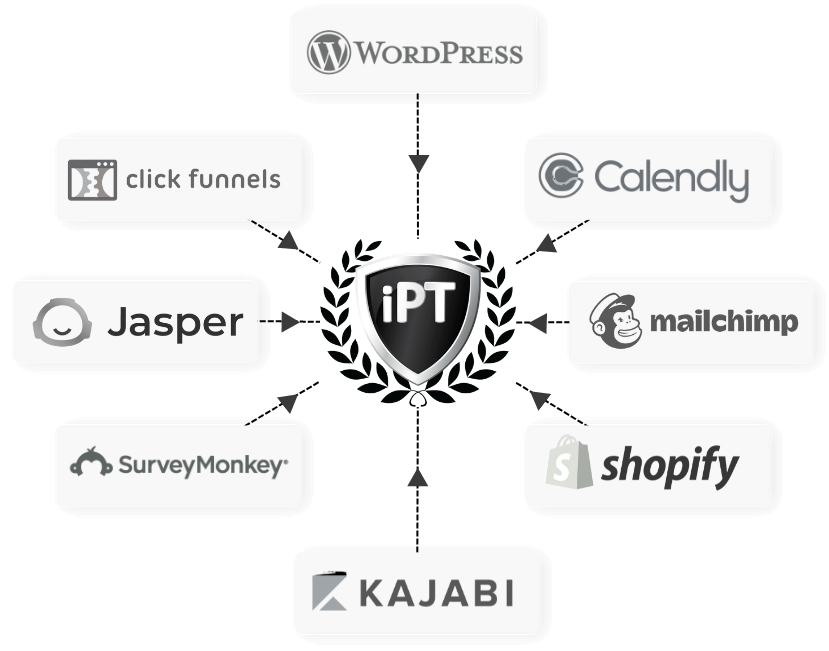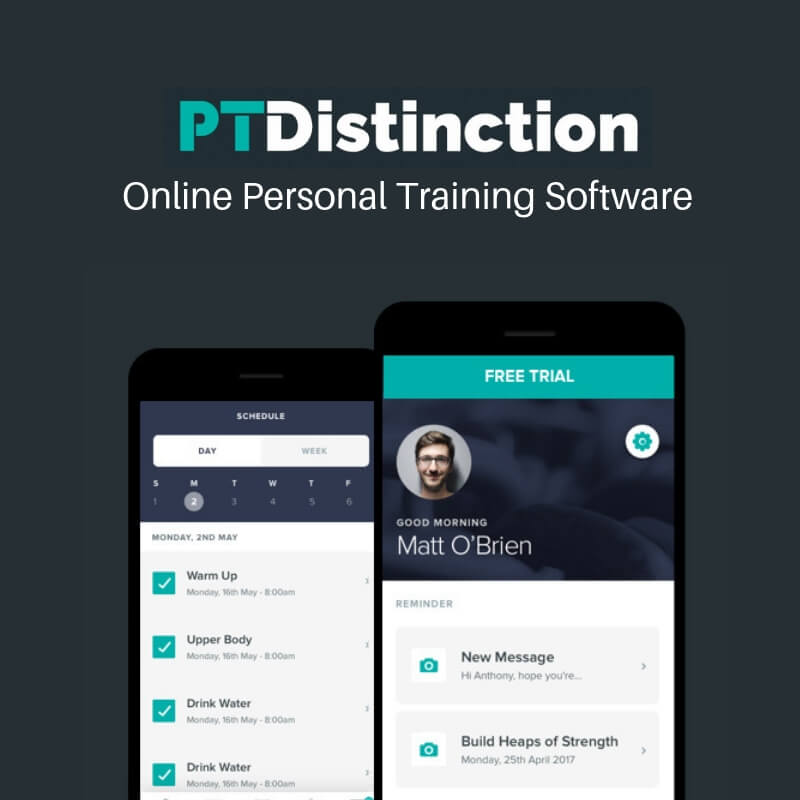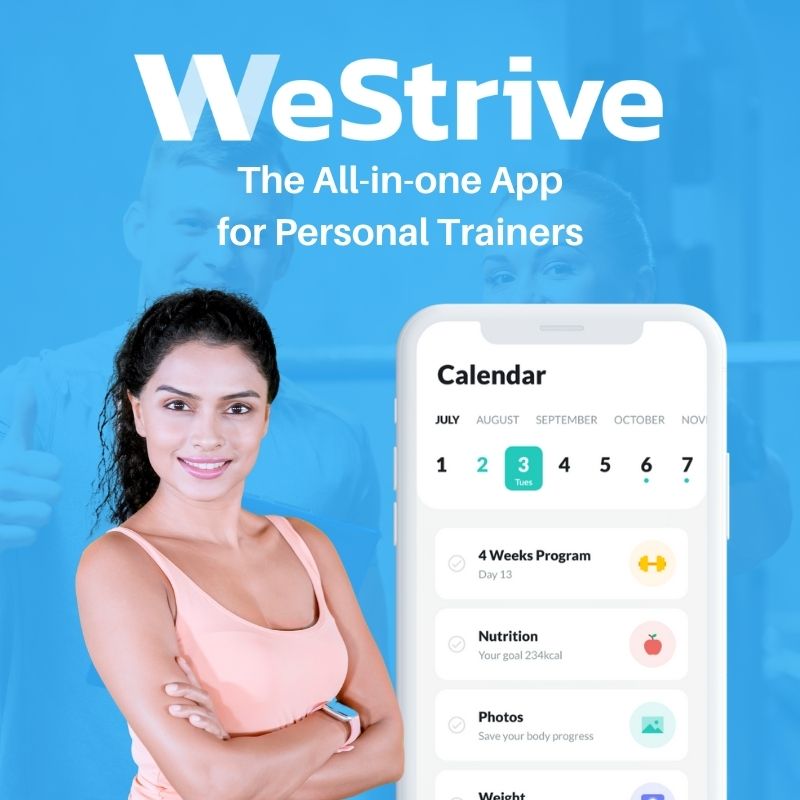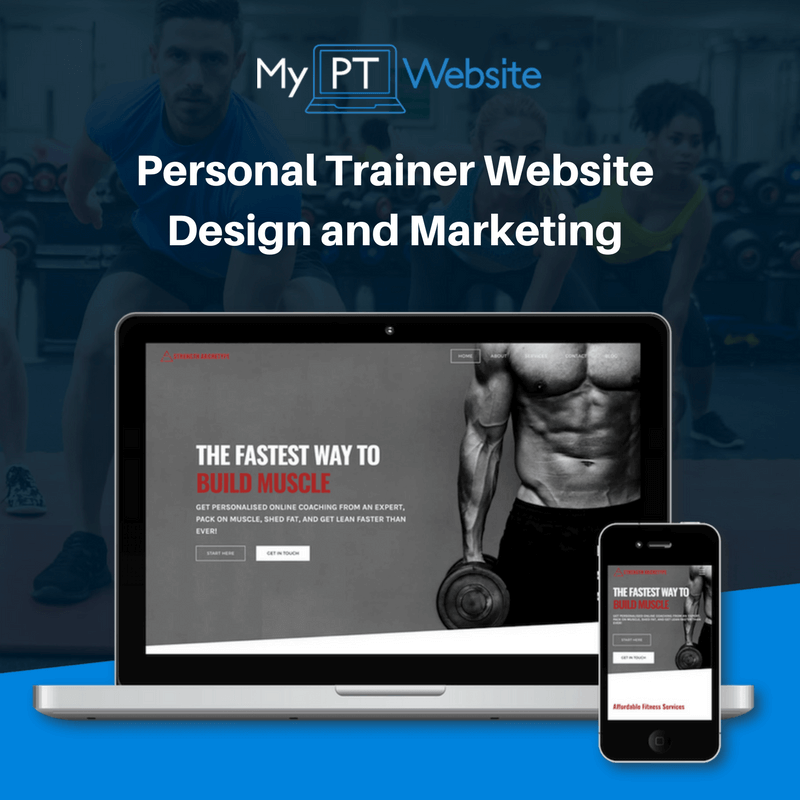Learn More About Mentoring Your Team of Personal Trainers
As a fitness business owner, you can use mentoring as a way to develop staff skills at little or no cost to your business. The benefits of this include being able offer your team members more responsibility while simultaneously building an infectious company culture.
Mentoring can also help your business improve staff retention rates and team relations, increase profits through improved performance and productivity and foster innovative ideas.
By combining your experience with someone else’s passion, you can use mentoring as a form of induction for new staff, to develop staff skills in a particular area, to groom existing staff to move into more senior roles, for succession planning, if you plan to hand your business over to someone else.
Mentoring can also help your business improve staff retention rates and team relations, increase profits through improved performance and productivity and foster innovative ideas.
By combining your experience with someone else’s passion, you can use mentoring as a form of induction for new staff, to develop staff skills in a particular area, to groom existing staff to move into more senior roles, for succession planning, if you plan to hand your business over to someone else.
How Mentoring Works
Mentoring is based on a relationship between the mentor and mentee. Through this relationship, the mentor and mentee can benefit from a range of personal and professional development opportunities.
Mentoring can:
Mentoring can:
- help with career progression
- improve job satisfaction
- increase motivation
- develop leadership and problem-solving skills
- build confidence and self-esteem
- boost morale
- provide regular constructive feedback
- widen networking circles.
Types of Mentoring
A mentor-mentee relationship may be informal or formal. The type you choose for your business will depend on your staff, business requirements and resources.
In an informal arrangement, staff choose their own mentor. The mentor and mentee then set a loose time frame for casual meetings to discuss the mentee's career goals. A formal mentoring arrangement is usually more structured, with regular meetings and reviews of the mentee's progress. This can feel a lot more corporate but suits some personality types.
Regardless of whether the arrangement is informal or formal, the mentor-mentee relationship must be based on trust and open communication.
If you are a small business, you may find it difficult to find mentors internally. In this case, you may encourage your staff to look externally for a mentor, either through similar businesses, industry associations, or mentoring programs
In an informal arrangement, staff choose their own mentor. The mentor and mentee then set a loose time frame for casual meetings to discuss the mentee's career goals. A formal mentoring arrangement is usually more structured, with regular meetings and reviews of the mentee's progress. This can feel a lot more corporate but suits some personality types.
Regardless of whether the arrangement is informal or formal, the mentor-mentee relationship must be based on trust and open communication.
If you are a small business, you may find it difficult to find mentors internally. In this case, you may encourage your staff to look externally for a mentor, either through similar businesses, industry associations, or mentoring programs
Mentee Benefits and Responsibilities
Mentoring is ideal for enthusiastic staff who are keen to progress in business. Remember, your team members have different life goals to you and they might not plan to work for you forever. This means that it’s OK to help your mentee develop the skills they need to eventually go it alone.
While this sounds counter-productive, it’s accommodating naturally occuring events rather than fighting them.
To get the most out of a mentoring relationship, a mentee should know what they would like to achieve and communicate this with their mentor. Together, the mentor and mentee can then track the mentee's progress.
A mentee can use their mentor as a sounding board for ideas, which can help them make decisions faster and with more certainty. They can learn from their mentor's experience and knowledge, and improve their own business skills.
While this sounds counter-productive, it’s accommodating naturally occuring events rather than fighting them.
To get the most out of a mentoring relationship, a mentee should know what they would like to achieve and communicate this with their mentor. Together, the mentor and mentee can then track the mentee's progress.
A mentee can use their mentor as a sounding board for ideas, which can help them make decisions faster and with more certainty. They can learn from their mentor's experience and knowledge, and improve their own business skills.
Mentor Benefits and Responsibilities
Being a mentor can help you and your team develop their leadership skills and groom them for more advanced management roles.
A mentor needs to have strong communication and listening skills, and should act as a role model, adviser, critic and consultant. Mentors should support and challenge their mentees, giving them fair, considered feedback on their performance. It's essential that they are realistic about how much time they can commit to the relationship.
A mentor must be impartial and treat issues that their mentee raises as confidential. This allows the mentee to talk freely with their mentor about any concerns they have without worrying about repercussions in the workplace. For this reason, it may not be appropriate for the mentor to be the mentee's immediate supervisor.
A mentor needs to have strong communication and listening skills, and should act as a role model, adviser, critic and consultant. Mentors should support and challenge their mentees, giving them fair, considered feedback on their performance. It's essential that they are realistic about how much time they can commit to the relationship.
A mentor must be impartial and treat issues that their mentee raises as confidential. This allows the mentee to talk freely with their mentor about any concerns they have without worrying about repercussions in the workplace. For this reason, it may not be appropriate for the mentor to be the mentee's immediate supervisor.
Running a Mentoring Program
Before you set up a mentoring program in your business, consider your business needs. Review your business plan and work out what you hope to achieve through mentoring your team. Talk to your staff to find out if they will be receptive to a mentoring program, and, if so, what type of program will suit them best.
The following are some guidelines for starting a mentoring program in your business.
Choose a type of mentoring
The type of mentoring you choose will depend on the culture of your business and your requirements. For example, you may decide to use mentoring as a sort of informal 'buddy' system for new staff. Alternatively, if you have identified staff that have potential to be progressed into senior roles, or staff who need help managing their current role, you may decide a formal program will be best.
Identify staff for the program
Work out which of your staff will most benefit from mentoring. You may need to conduct a staff skills assessment. Once you have chosen some mentees, you can then match them with appropriate mentors.
Mentors should be staff with good communication and leadership skills. A mentee needs to be comfortable raising a range of issues with their mentor without worrying about repercussions in the workplace. For this reason, it's not usually appropriate for the mentor to be the mentee's immediate supervisor.
It can be difficult to find suitable mentors within a small business with limited resources. In this case, you may consider finding external mentors through your industry association or business networks.
Set goals
Both the mentor and mentee need to work out their goals for the program. They should write them down and share them when they first meet. These goals will be what you hope to achieve with the mentoring program and will be different to your overall business goals.
The mentor and mentee should decide how they will track the progress of their goals, and how they will know when they have achieved them.
Define roles and expectations
Your mentoring program will be more successful if you make sure that both the mentor and mentee understand what is expected of them from the beginning. Mentors may need some training in what they need to do in their role
.
Develop a structure for the program
Whether your mentoring program is formal or informal, it's a good idea to set guidelines about how often mentors and mentees should meet and the types of things they should discuss. Be realistic about how much time each person can dedicate to the program.
You will also need to decide how long the mentoring program should run for. This will depend on the purpose of the program, your staff and the goals that have been set. For example, if the program is designed to introduce new staff to your business, it might need to run for only a short time. But if the program is to develop staff so they are able to move into more senior roles, it will need to run until they have achieved their goals.
Review the program regularly
Plan to review the mentoring program and the work of the mentors and mentees regularly. Assess the mentors and the mentees to work out what impact the program has had on their work performance.
You also need to review the relationships between mentors and mentees regularly - this way you can make any changes needed if a relationship between a mentor and a mentee is not working out as planned.
You can use questionnaires and interviews with mentors and mentees to find out how effective the program is and if both parties feel they are achieving their goals
The following are some guidelines for starting a mentoring program in your business.
Choose a type of mentoring
The type of mentoring you choose will depend on the culture of your business and your requirements. For example, you may decide to use mentoring as a sort of informal 'buddy' system for new staff. Alternatively, if you have identified staff that have potential to be progressed into senior roles, or staff who need help managing their current role, you may decide a formal program will be best.
Identify staff for the program
Work out which of your staff will most benefit from mentoring. You may need to conduct a staff skills assessment. Once you have chosen some mentees, you can then match them with appropriate mentors.
Mentors should be staff with good communication and leadership skills. A mentee needs to be comfortable raising a range of issues with their mentor without worrying about repercussions in the workplace. For this reason, it's not usually appropriate for the mentor to be the mentee's immediate supervisor.
It can be difficult to find suitable mentors within a small business with limited resources. In this case, you may consider finding external mentors through your industry association or business networks.
Set goals
Both the mentor and mentee need to work out their goals for the program. They should write them down and share them when they first meet. These goals will be what you hope to achieve with the mentoring program and will be different to your overall business goals.
The mentor and mentee should decide how they will track the progress of their goals, and how they will know when they have achieved them.
Define roles and expectations
Your mentoring program will be more successful if you make sure that both the mentor and mentee understand what is expected of them from the beginning. Mentors may need some training in what they need to do in their role
.
Develop a structure for the program
Whether your mentoring program is formal or informal, it's a good idea to set guidelines about how often mentors and mentees should meet and the types of things they should discuss. Be realistic about how much time each person can dedicate to the program.
You will also need to decide how long the mentoring program should run for. This will depend on the purpose of the program, your staff and the goals that have been set. For example, if the program is designed to introduce new staff to your business, it might need to run for only a short time. But if the program is to develop staff so they are able to move into more senior roles, it will need to run until they have achieved their goals.
Review the program regularly
Plan to review the mentoring program and the work of the mentors and mentees regularly. Assess the mentors and the mentees to work out what impact the program has had on their work performance.
You also need to review the relationships between mentors and mentees regularly - this way you can make any changes needed if a relationship between a mentor and a mentee is not working out as planned.
You can use questionnaires and interviews with mentors and mentees to find out how effective the program is and if both parties feel they are achieving their goals





